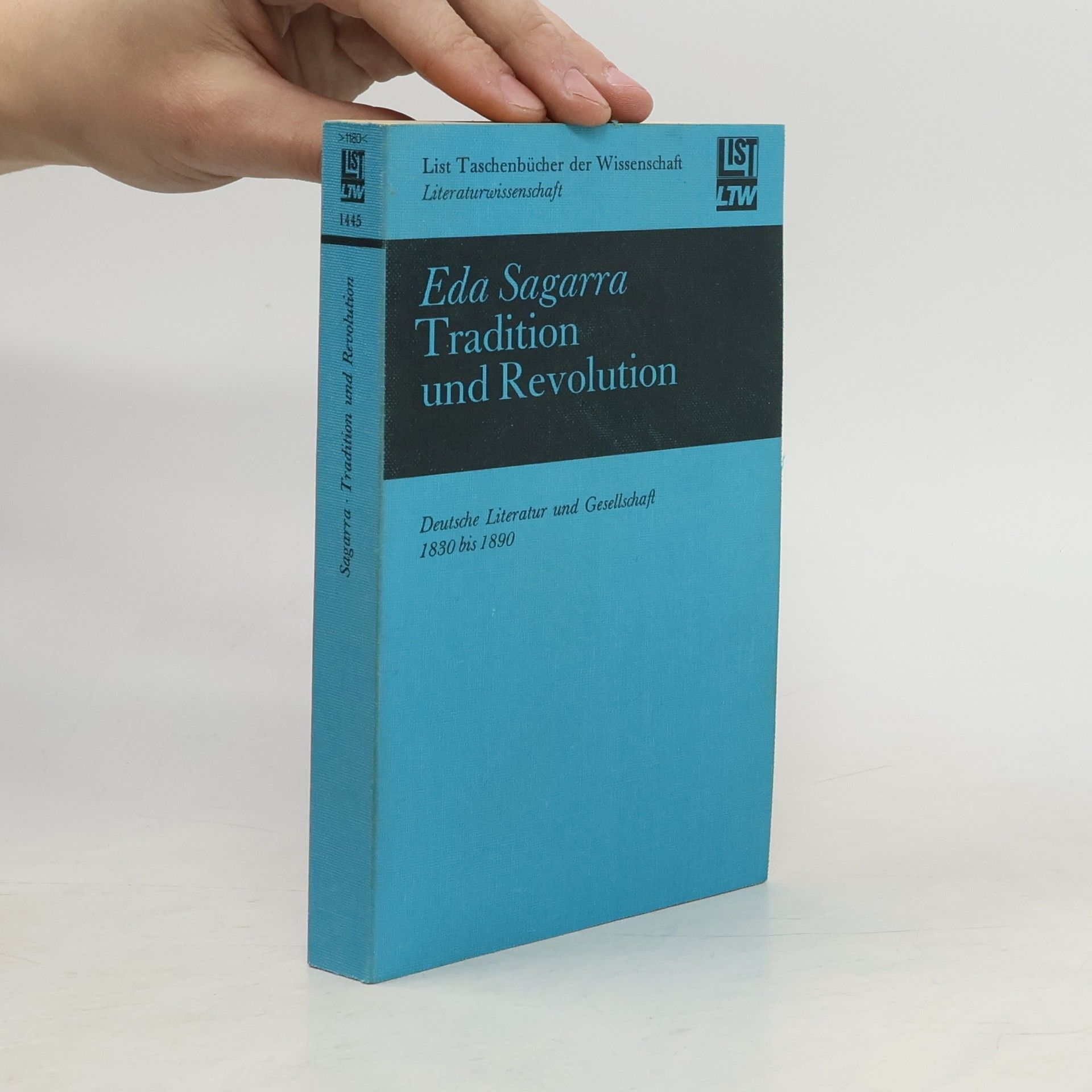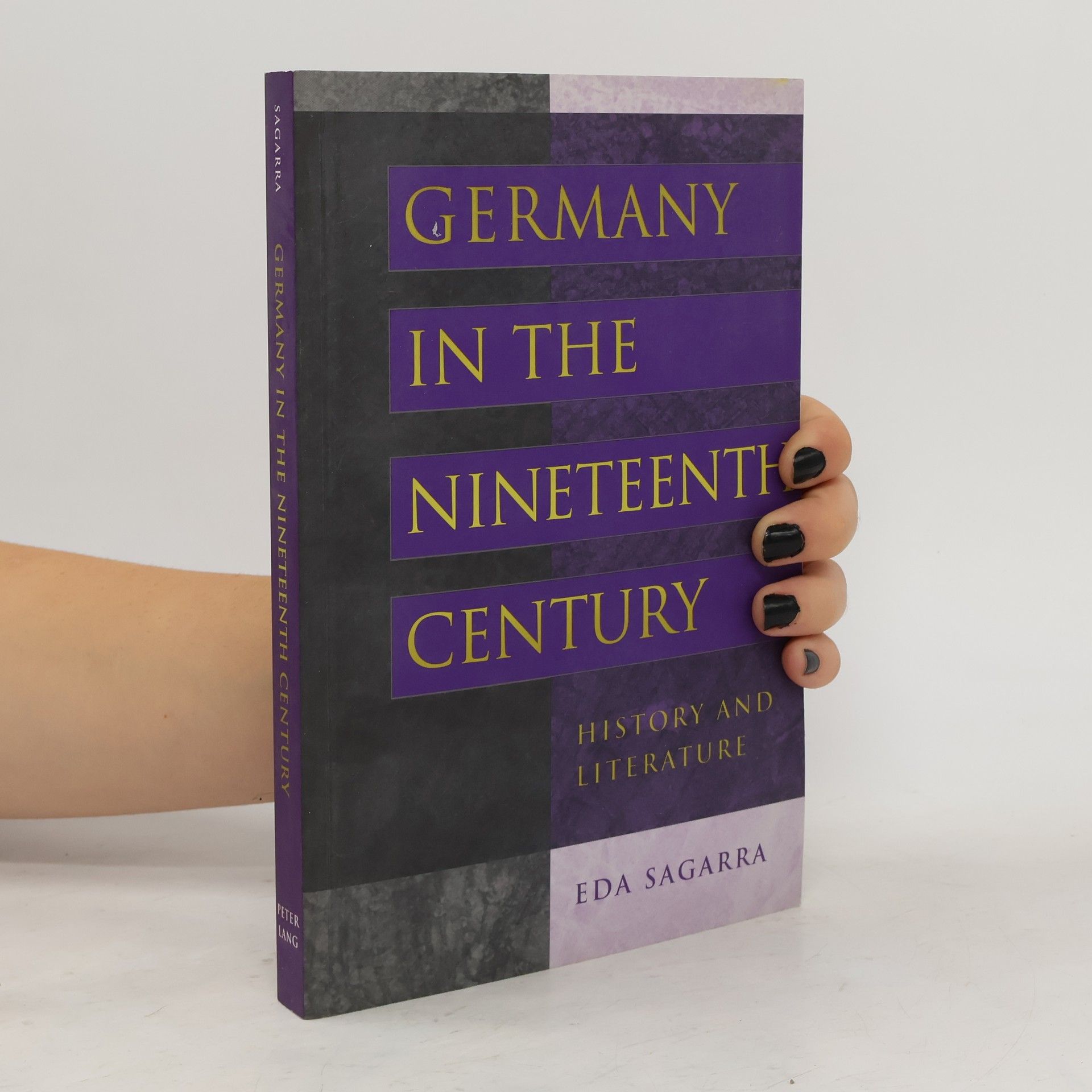Presents, in an immensely readable yet profoundly scholarly account, the history of German literature from the Reformation and Renaissance to the late twentieth century, in the wider context of Germanic culture, over the whole German-speaking area of Europe.
Eda Sagarra Livres





This forensic account of the academic life of Eda Sagarra is a bitter awareness of the constant if subtle barriers to female advancement.
Written from the dual perspective of today's leaders and of Germans living at the time, Germany in the Nineteenth Century offers a very readable account of the volatile political, economic, and social history of Germany at a crucial period of her modern development. Special features of the book include a detailed account of the literary market in which German writers operated and of the history of women's lives and emancipation.
Fontane unter anderem
Essays zur Sozialgeschichte der deutschen Literatur im 19. Jahrhundert
- 326pages
- 12 heures de lecture
"Neben Aspekten von Werken deutscher und österreichischer Dichter wie Wolfgang von Goethe, Franz Grillparzer, Heinrich Heine, Marie von Ebner-Eschenbach, Johann Nestroy, Theodor Fontane, Gustav Freytag, Wilhelm Busch und Thomas Mann sind hier Arbeiten zur Literatur und Sozial- und Mentalitätsgeschichte des "langen" 19. Jahrhunderts aus zerstreuten Festschriften und Zeitschriften versammelt. Schwerpunkte: Sozialgeschichte der deutschen Literatur, Anthropologie und Literatur um 1800, die Funktion der literarischen Dienerfigur, Auswirkungen der katholischen Aufklärung in ausgewählten Texten der deutschen und österreichischen Literatur, Mentalitätsgeschichte des deutschen Katholizismus im Wilhelminsichen Deutschland, die "Teufelskunde" bzw. die Evolution der Idee des Bösen seit der Aufklärung und nicht zuletzt der deutsche Michel. Der Band dient auch der Memoirenkultur, indem er einen kleinen Ausschnitt aus der Fachgeschichte der Germanistik im In- und Ausland im ausgehenden 20. und zu Beginn des 21. Jahrhundert und aus dem Kollegen- und Freundeskreis einer der ältesten lebenden und aktiven Germanistinnen bringt"--Page 4 of cover.